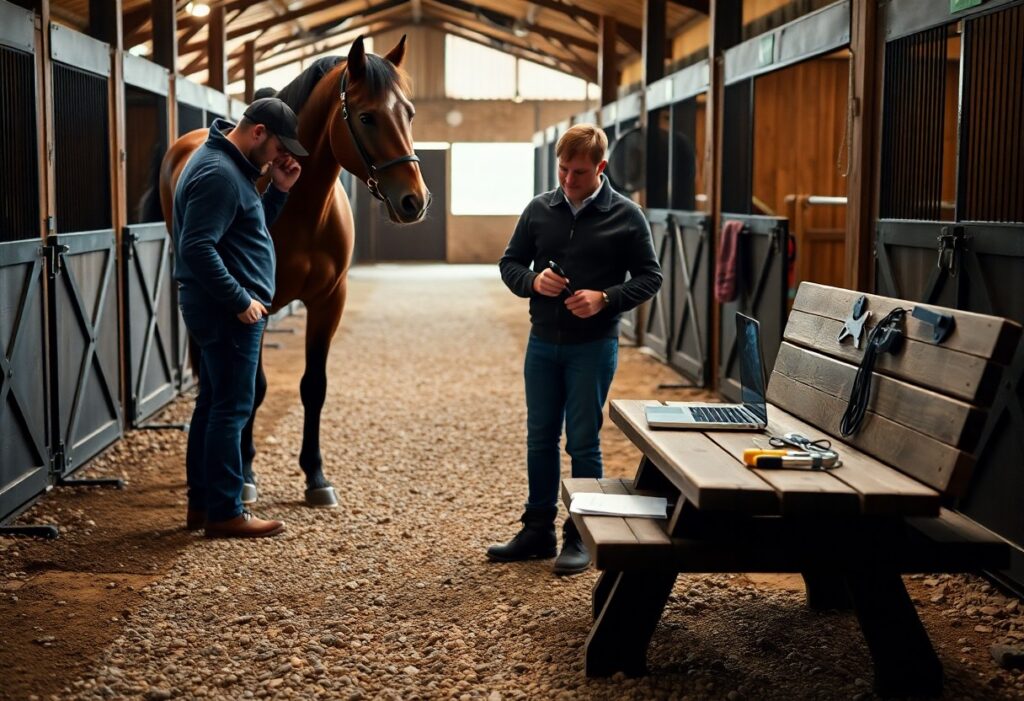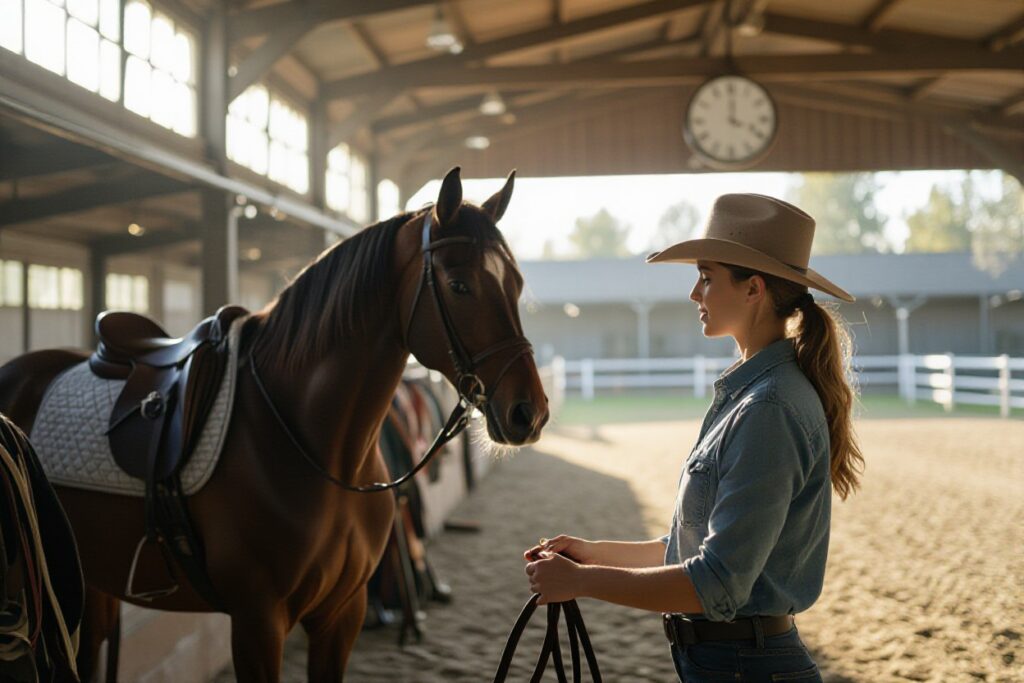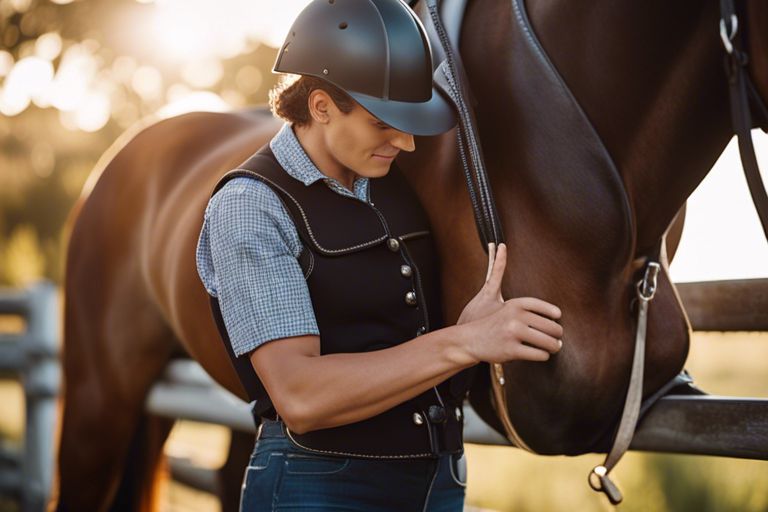There’s a common perception that horse trainers primarily focus on riding horses and preparing them for competition. However, your daily responsibilities extend far beyond the saddle, encompassing a wide range of tasks that ensure the health and performance of your equine athletes.
One of your primary responsibilities involves daily care of the horses. This includes feeding, grooming, and ensuring they have clean living conditions. You need to maintain a consistent feeding schedule and monitor each horse’s diet closely, adjusting it based on their individual needs and performance levels. This attention to detail not only supports their physical health but also their mental well-being.
Alongside daily care, training sessions are a significant part of your routine. You must design targeted training programs that help enhance each horse’s skills while also preventing injuries. This involves assessing their strengths and weaknesses, as well as adjusting training methods based on their progress. You might also incorporate various techniques, such as ground work or desensitization exercises, that you may not initially associate with traditional training methods.
Another necessary responsibility is health management. You will coordinate with veterinarians for regular check-ups, vaccinations, and dental care. Additionally, recognizing signs of illness or discomfort in your horses is vital. Through vigilant observation of their behavior, eating habits, and movement, you can ensure that any health issues are addressed promptly.
Your role also includes administrative tasks. You will keep records for each horse, tracking their training progress, health history, and competition results. This not only helps in making informed decisions but also allows you to evaluate how different approaches affect performance. You may also handle scheduling for training sessions, competitions, and any appointments with farriers or veterinarians.
You will often be required to foster a good relationship with owners. Communicating with horse owners about their horse’s progress, health, and any issues that arise is an important aspect of your job. Transparency builds trust and helps owners feel involved in their horse’s journey, which can be particularly impactful for those new to the equestrian world.
In addition to training and care, facility management is another aspect of your daily life. This includes ensuring that the stables, arenas, and pastures are safe and well-maintained. Keeping equipment in proper working order also falls under your purview, as does ensuring that everything is organized for efficiency during training sessions or competitions.
Moreover, you may also engage in marketing activities to promote your services. This could include creating social media content showcasing your horses in training, updating website information, or participating in local horse shows to increase visibility in the community. Your ability to attract clients through effective marketing can significantly impact your career as a horse trainer.
By recognizing these varied responsibilities, you can appreciate the multifaceted role of a horse trainer beyond just riding and training. Embracing all aspects of your job will not only enhance your competence but also lead to more rewarding relationships with both horses and clients.











